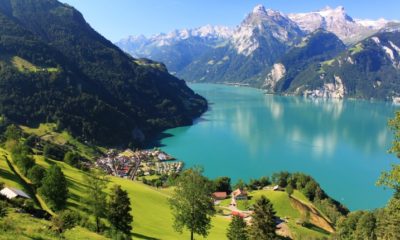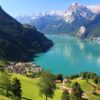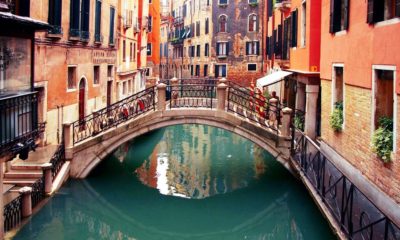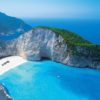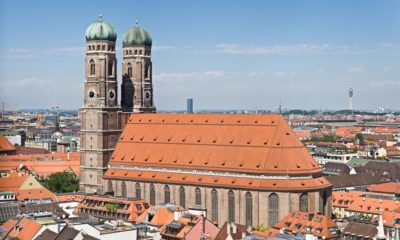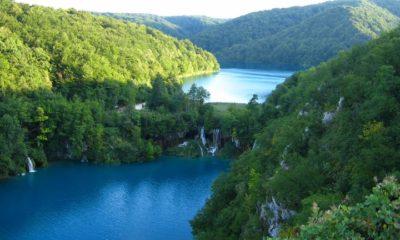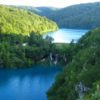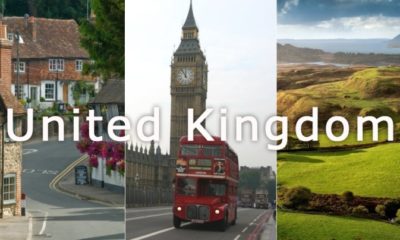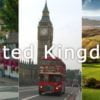Europe
Backpacking Austria Need To Know
Basics
Language:
Capital:
Currency:
|
Dial Code:
International Access Code:
Emergency Services Number:
Time Difference:
|
Entry
Austria is a member of the borderless Schengen Zone, meaning you can freely move to other member states without the need for multiple visa applications and passport controls.
Citizens of the EU, EEA and Switzerland don’t need a visa to enter the Schengen Zone, and can generally stay for as long as they wish.
A vast amount of passport holders from other countries can also enter the Schengen Zone visa-free for up to 90 days including; Australia, Canada, New Zealand and the United States.
Citizens of visa-exempt nations need only produce a passport which is valid for the entirety of their stay, but other nationals require a Schengen visa and must have a passport which has at least 3 months’ validity beyond their period of stay.
For official information visit bmeia.gv.at or your home government travel bureau.
Getting Around
Official Europe wide rail passes can be obtained through Rail Europe
More details are to come in this section, but you can read about general advice regarding Getting Around When You Get There
Accommodation
Austria has a wide variety of hostels and you should never have any problem finding one.
The average price of a hostel is €10-25 a night.
All hostels in Austria will provide linen and bathroom facilities. Usually there will be cooking and internet facilities as well as common and laundry rooms.
Read more about Accommodation When You Get There and Living in Hostels
Food And Health
The standard of food safety and hygiene is good.
Water is completely safe to drink from all kitchen taps in Austria, unless stated.
Medical facilities are good, but make sure you have adequate travel insurance and accessible funds to cover the cost of any medical treatment and repatriation.
EU and EEA citizens should get a free European Health Insurance Card (EHIC) before leaving home. The EHIC isn’t a substitute for medical and travel insurance, but it entitles you to state provided medical treatment that may become necessary during your trip.
Other nationalities may also have reciprocal health care agreements, find out from your government travel bureau.
Always contact your GP around 8 weeks before your trip to check whether you need any vaccinations or other preventive measures. Visit here for Recommended Vaccinations and read here for more about Travelling Health In General
Weather & Time To Go
Austria has a temperate continental climate. Temperatures in July and August are on average about 25°C; winters are cold in the lowlands and very harsh in the Alpine region with temperatures often dropping below -10°C. The northern Alps are generally a lot wetter than the rest of the country, the South East is dry and sunny.
Communications
Internet and wifi is widespread and accessible in most hostels. Local pay-as-you-go SIM cards for your mobile phone and international calling cards are cheaply available.
Dangers And Considerations
Crime levels in Austria are low, but take sensible precautions to avoid mugging, bag snatching and pick pocketing.
If in mountainous areas, particularly in winter, check weather forecasts and conditions and make sure you’re properly equipped. Don’t undertake any activity alone (including hiking).
Under Austrian law, you are required to have your passport readily accessible at all times.
Dangers constantly change. Always check with your foreign office (British Foreign Office webpage) or travel advice bureau for the latest information regarding your destinations safety.
Read more about Safety And Security here
Respecting Culture
Etiquette is taken seriously, you should be very conscious of your manners.
Locals will not like it if you refer to them as Germans. Never compare Austria in a negative way with Germany.


